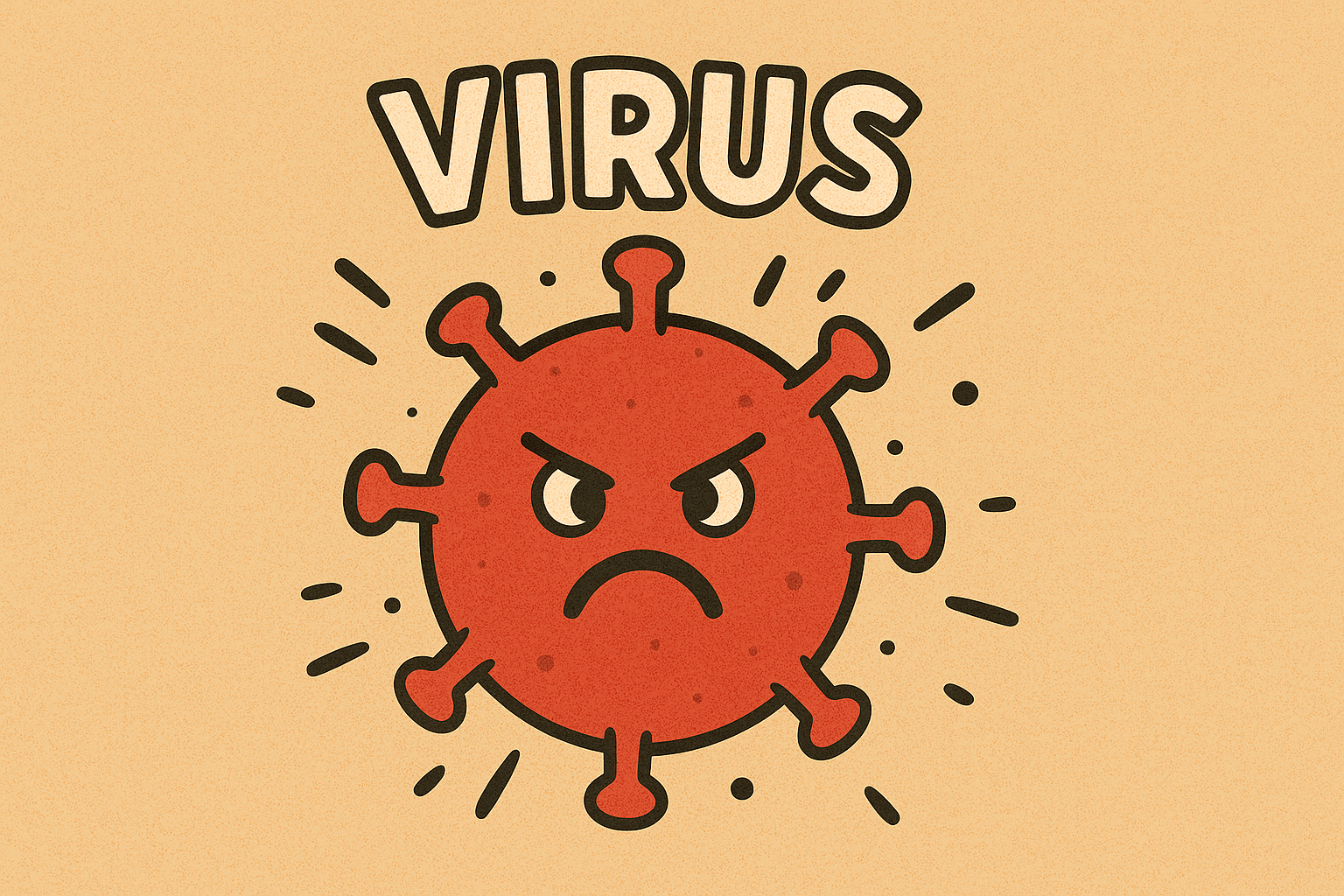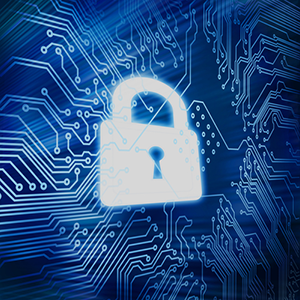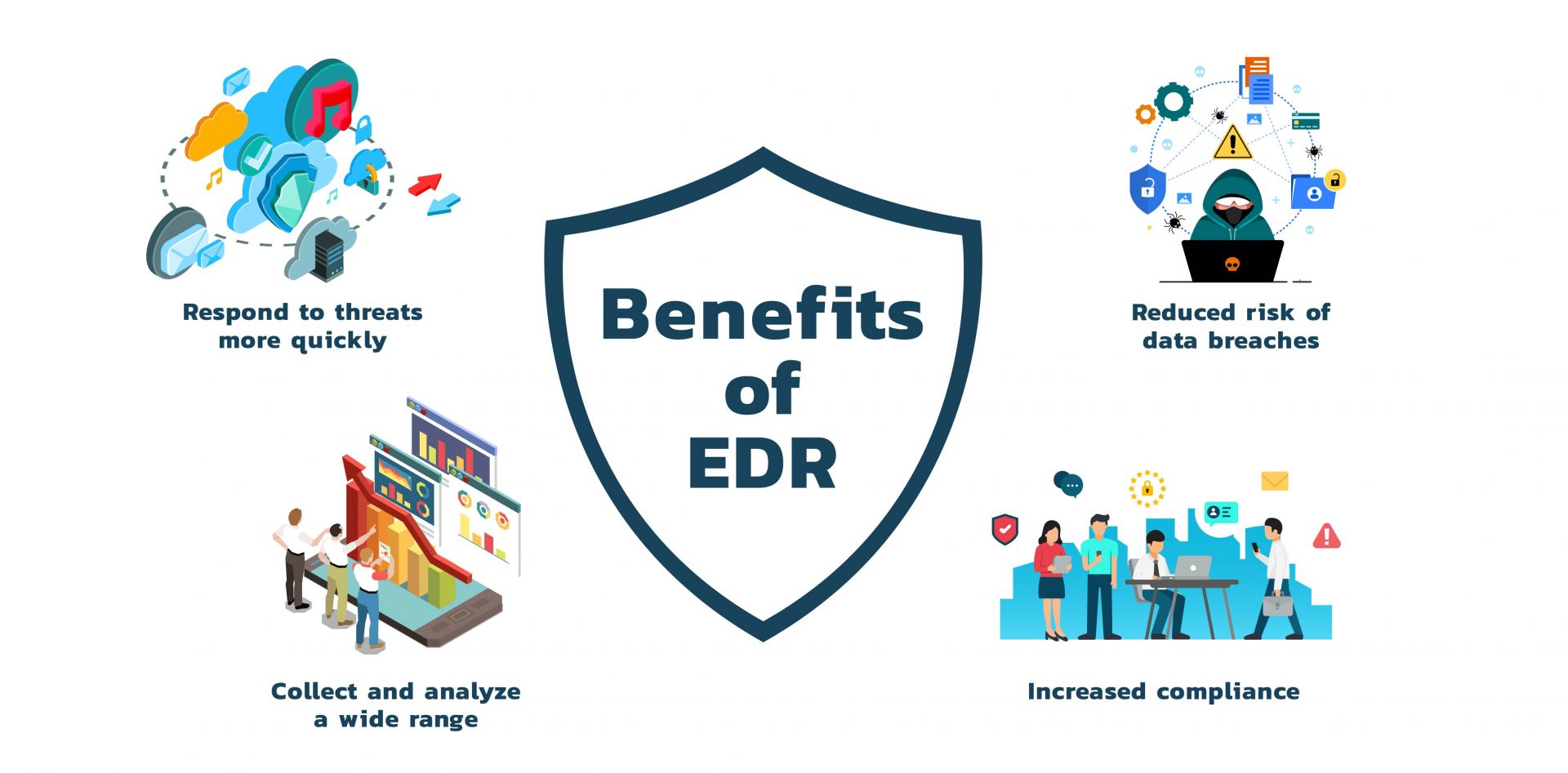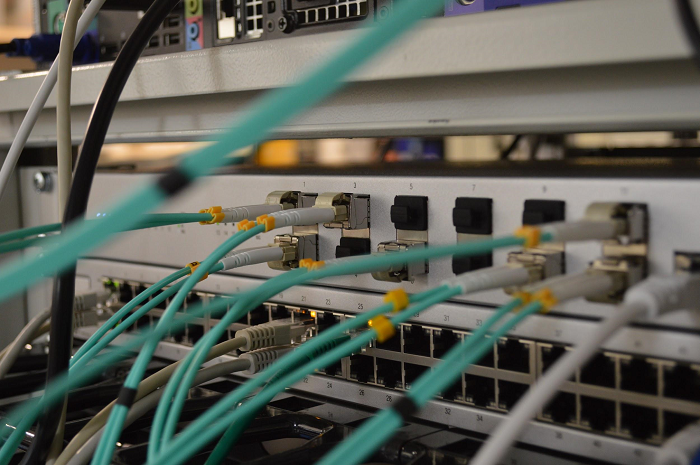Is Ransomware A Data Breach?
Updated on October 11, 2022, by Xcitium

There was a time where ransomware wasn’t a commonly used word. However, recent ransomware attacks have proven that not having proper knowledge on this matter can come with a serious consequence. Ransomware has been a constant threat to the online security of many individuals from all walks of life and in every profession. Even those who stay at home are possible victims of ransomware data loss. Is ransomware a data breach? It definitely is. Let’s look into what ransomware is to better understand how it works?
What Is Ransomware?
Ransomware is a kind of malware that attacks its victim’s computer by encrypting the machine or its contents to hold it hostage and demand a ransom. In recent ransomware attacks, cybercriminals have often caused ransomware data loss that cost its owners a lot of grief in terms of operational shutdowns or pauses in some business and a violation of one’s privacy for personal users. Generally, it prevents the use of the computer targeted by the ransomware effectively holding it hostage so the owners will be forced to pay the demanded amount by the hijacker. Recent ransomware attacks have reported that many casualties from these attacks who paid the rent were left hanging and weren’t given the appropriate code that unlocks the encryption on their device causing ransomware data loss and inconvenienced the unknowing victims.
How Does Ransomware Work?
Asking yourself, “Is ransomware a data breach?” is a good start in understanding how ransomware works. Because it begins with data breach. Online lawbreakers send out malicious emails to the general public, or sometimes target small businesses like small firms or offices for larger impact and therefore, larger sums. These fake emails claim different things and even identify themselves as authorities in some cases like the FBI virus.
Recent ransomware attacks report incidents where the emails claimed to be from big named banks or companies that require its patsy to download from a link they provided. It can also be in the form of an app. Once enabled the malware begins to scan through the machine for its contents causing ransomware data loss due to not having access to it. Hence, answers the question, “is ransomware a data breach?” As there are different styles to do the same thing, the details may manifest differently, however, the goal is singular — to cut the owner off from their computers which will then strongarm the owner into paying them.
Is ransomware a data breach?
Yes, because as in scans through your computer, some ransomware also encrypts them as it goes hijacking your files. After which the computer displays the demands such as paying through bitcoins or other means that make it virtually impossible to trace.
How Do You Protect Your Computer And Other Devices?
By reading this article, you’ve taken the first step. If asking yourself, “Is ransomware a data breach?” has brought you here, then you’re probably concerned about expanding the security on your computer which is most definitely a smart decision considering what you could lose. Others are worried about getting set back financially. However, there are some people who find more meaning in losing their files like personal photos of families and memorabilia. Others also find more value in the loss of their work files and archives. Whatever your reasons are, they are all valid. Here are some actions you can take to further protect yourself:
- Mindful clicking – As previously explained, ransomware begins with encryption and this doesn’t automatically happen. At some point, you allow it into your system by clicking, agreeing, or running an unknown software that could very well be ransomware. Is ransomware a data breach? Yes, it is but it doesn’t have to be so should you be more alert in what you allow into your operational system.
- Suspicious mails – Generally, hackers cast a wide net by sending their ransomware in the form of emails. So when an email from an unknown source comes into your inbox. Quickly confirm its origin and should it prove to be shady or unfamiliar, do not trust it.
- Use anti-malware – Ransomware has been threatening to exploit the vulnerable since the early 2000s and malware even longer than that. Hence, there are hordes of anti-malware that have been developed since to counter it. There are plenty of options from free and straightforward scanning systems and alerts to more sophisticated and particular defenses depending on your requirements. It’s also good to take advantage of free trial periods before fully committing to a paid subscription to give you an idea of the company’s reliability.
For more information about ransomware and ransomware protection, check out Xcitium Cybersecurity today!



 (3 votes, average: 3.67 out of 5, rated)
(3 votes, average: 3.67 out of 5, rated)









